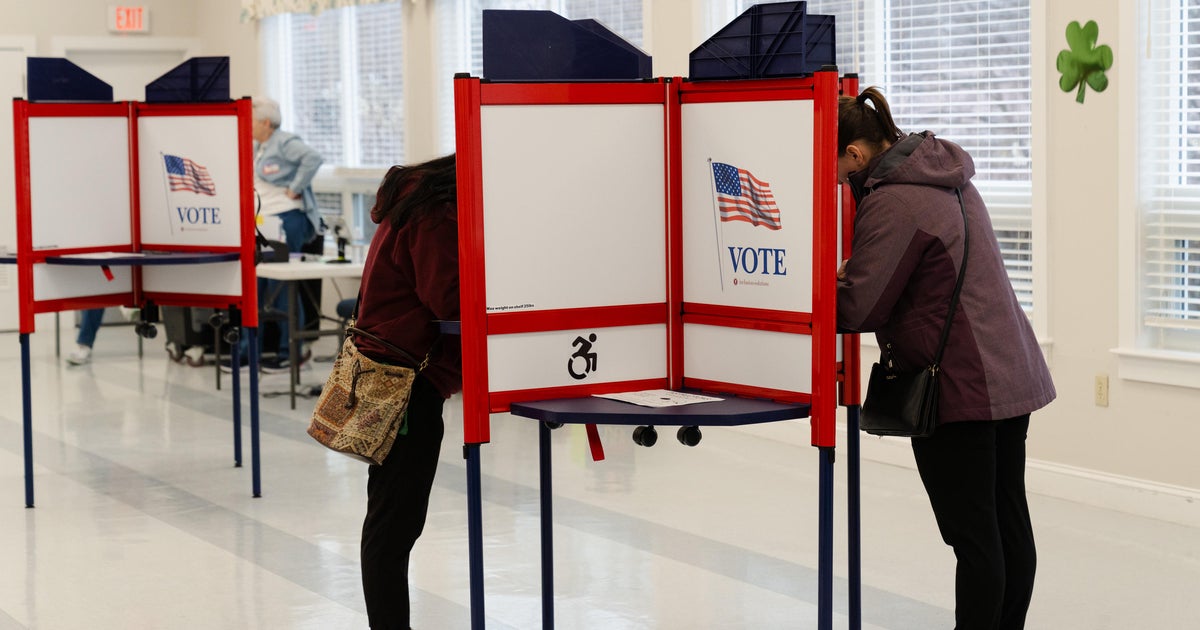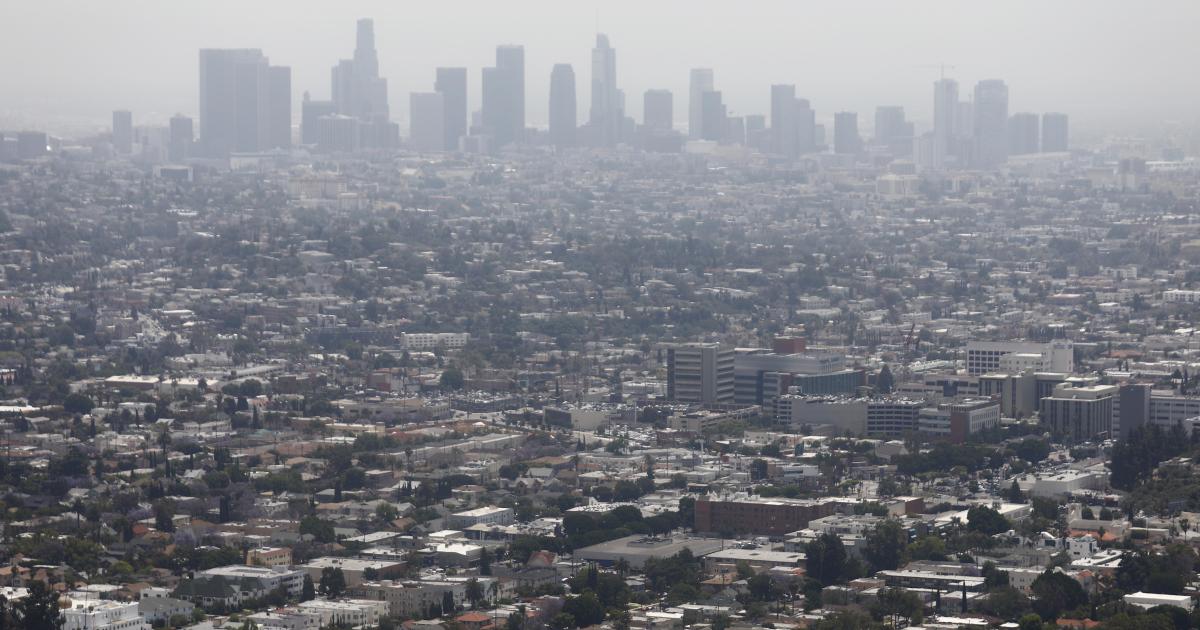Record haul of drugs collected at DEA event, officials say
A record-breaking 912,305 pounds -- or 456 tons -- of potentially dangerous expired, unused and unwanted prescription drugs were collected during the eighth annual Prescription Drug Take Back Day event last month, according to a press release Tuesday from the Drug Enforcement Agency (DEA).
The DEA says that's almost 6 tons more than was collected last year, and brings the total amount of pills collected over the life of the program to more than 9 million pounds, or 4,508 tons, of unwanted drugs.
President Trump urged Americans to participate to help reduce the risk of opioid painkillers falling into the wrong hands.
- White House opioid crisis commission releases final report
- Authorities seize enough fentanyl for "1 million overdoses"
Mr. Trump event took to Twitter on Tuesday to address the record haul of pills collected by the DEA and thanked all Americans who participated:
The DEA says the goal of the program is to remove opioids and other medicines from U.S. homes where they may pose a risk to family members or visitors looking to abuse or steal the drugs.
"More people start down the path of addiction through the misuse of opioid prescription drugs than any other substance," said Robert W. Patterson, acting administrator of the DEA. "The abuse of these prescription drugs has fueled the nation's opioid epidemic, which has led to the highest rate of overdose deaths this country has ever seen."
Drug overdose deaths in the United States have more than doubled over the past decade. The Centers for Disease Control and Prevention says 188,000 people have died from opioid overdoses from 1999 to 2015.
The DEA's next Drug Take Back Day will be April 28, 2018.
The drug take back event Oct. 28 came on the heels of President Trump's announcement that he was declaring the opioid epidemic a public health emergency.
"We are going to overcome addiction in America," Mr. Trump said Oct. 26, calling it a "national shame" and a "human tragedy," and pledging to confront the opioid epidemic "right smack in the face."
Also in October, lawmakers and the DEA faced tough questions following a bombshell report by "60 Minutes" and The Washington Post that said Congress helped disarm the DEA's efforts to crack down on opioid distribution.
Joe Rannazzisi, who used to run the DEA's diversion control, told "60 Minutes" correspondent Bill Whitaker that the opioid crisis was aided in part by Congress, lobbyists and the drug distribution industry.
The DEA says it has taken actions against far fewer opioid distributors under a new law. A Justice Department memo shows 65 doctors, pharmacies and drug companies received suspension orders in 2011, while only six have gotten them this year.
CBS News' Paula Reid reports the Justice Department, which oversees the DEA, does not dispute any of the "60 Minutes" reporting. It says the drug crisis is a top priority for the Trump administration.
"One of the president's and the attorney general's highest priorities is ending the devastating and unacceptable drug crisis in America that saw 64,000 deaths in 2016, many of them caused by opioids," Ian D. Prior, principal deputy director of public affairs at the Justice Department, said in a written statement. "From street dealers to corrupt doctors to the distributors that allow diversion of deadly pills, this administration is absolutely committed to reversing this disturbing and heartbreaking trend and will use every tool available to do so."




